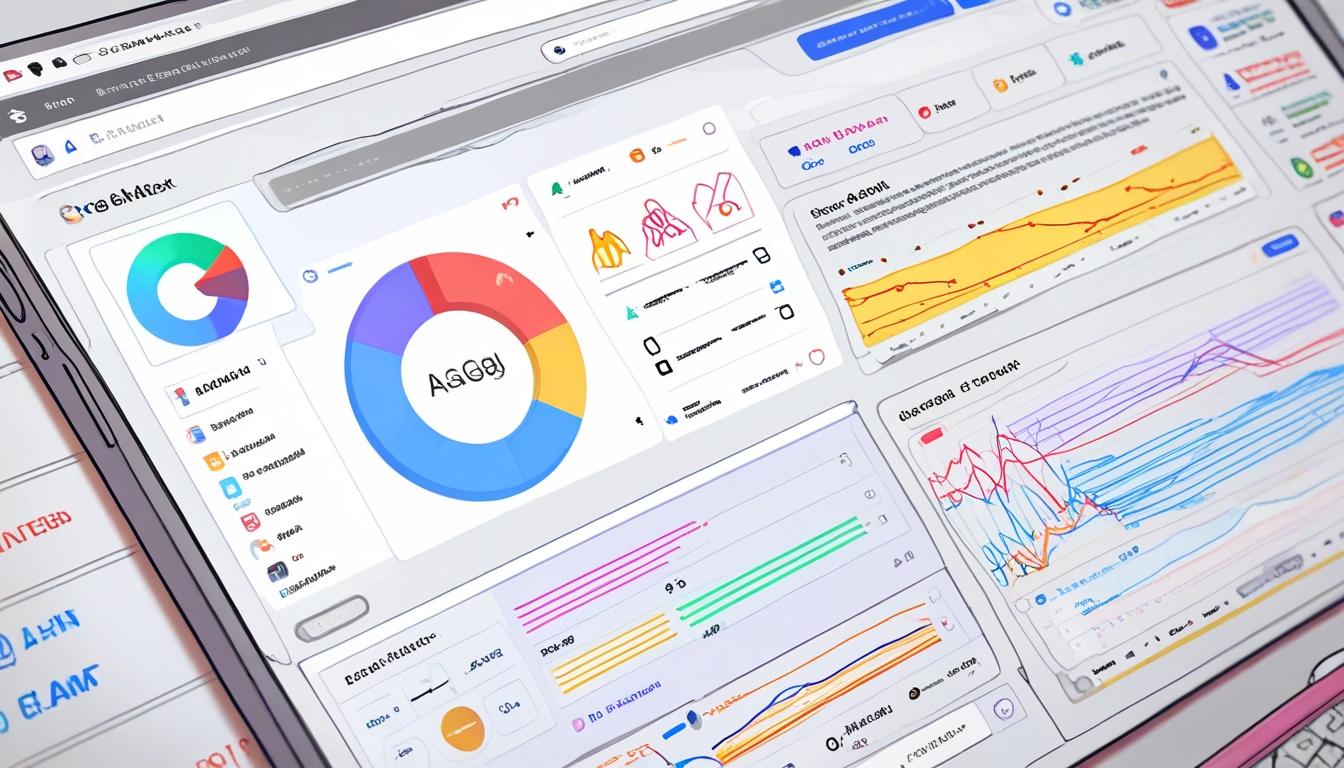The Evolution of Search: Google’s AI Max and the Future of Brand Visibility
Search as we knew it—dominated by text-heavy, keyword-driven queries—no longer meets the demands of a rapidly evolving digital landscape. Google's recent announcement regarding AI Max for Search marks a pivotal shift in the company’s strategy, emphasising a future that is multimodal, predictive, and fundamentally integrated with artificial intelligence. While the simplicity of Google’s original design has unlocked vast online possibilities since its inception in 1997, it now faces the daunting challenge of enhancing user experience while maintaining that same ease of use.
Historically, two significant issues have undermined traditional search: the prevalence of unreliable information and the overwhelming amount of data available to users. As AI technology continues to gain traction across various sectors, marketing is experiencing a revolutionary transformation. It now offers tailored, relevant experiences for customers and deeper insights for brands. Enhanced search activity powered by AI provides clearer pathways for customer targeting and personalisation, increasing revenues by more effectively utilising first-party data. This is particularly crucial in light of the data indicating that while paid traffic constitutes 39% of all web traffic, it yields lower conversion rates (1.83%) compared to organic traffic (2.66%). Without improvements in user experience, increased traffic could lead to even greater missed opportunities.
Google’s advancements are positioned to help marketers tackle the persistent challenges of information overload and misinformation. By employing AI to elevate brand-generated data, marketers can reach their target audiences with increased precision. The emphasis on accuracy is now paramount; any friction in customer interactions—like mismatched product availability or slow loading pages—can lead to significant revenue loss. Recent statistics reveal that nearly 40% of online sessions exhibit signs of frustration, making it essential for marketers to refine their web experiences. Brands must ensure that Google can access the most accurate and timely information from their sites, thereby enhancing customer journeys from search to conversion.
As customer expectations heighten, the adage "less is more" takes on new significance. Marketers are keen to deploy smart campaigns that precisely target their audiences, achieving success through relevant messaging. The fusion of clean first-party customer experience (CX) data with AI-enhanced search signals enables marketers to eliminate guesswork, honing in on campaigns that resonate with consumers. This shift allows for a more streamlined customer experience: by focusing on what genuinely matters to customers—based on robust historical data—brands can allocate resources more efficiently, experimenting within known consumer preferences.
In an age where data drives customer loyalty, it’s crucial that brands optimise their search capabilities. By enhancing the discoverability of their products during the search process, companies can meet customer needs more swiftly. The integration of reliable search and first-party data directly impacts top-of-the-funnel success, allowing for data-driven decision-making throughout marketing campaigns. With AI’s capabilities advancing, brands can now achieve a level of sophisticated personalisation that was previously unattainable.
However, the implications of Google’s new AI initiatives extend beyond individual brands. The rise of AI-generated content has shifted the landscape of Search Engine Optimisation (SEO). Major companies are beginning to leverage new tools designed to monitor and influence brand visibility within AI outputs, reflecting a departure from traditional SEO methods. Research indicates that a staggering 80% of consumers are now reliant on AI-generated responses for a significant portion of their searches. Such a trend poses a potential risk to Google’s core business, as the organic traffic it once dominated could dwindle substantially.
With Google’s AI Max, the focus has shifted toward high-quality, authoritative content. Businesses must adapt by focusing on the principles of experience, expertise, authority, and trustworthiness (E-E-A-T). The implications are clear: those who produce comprehensive and relevant content that aligns with AI’s algorithms are most likely to succeed in this new landscape. The integration of AI-driven search models has also ushered in an era of zero-click searches—where users find answers directly on the search results page—further complicating the traditional traffic dynamics.
Despite the challenges, opportunities abound for those willing to adapt. The introduction of AI capabilities in Google's advertisement products, such as its Gemini model, signifies a robust push towards integrating generative AI into multiple facets of its offerings, enhancing ad performance across various platforms. Brands that strategically leverage these tools stand to gain significant visibility in an increasingly complex landscape.
In conclusion, Google’s AI Max epitomises the brand's response to a market keen for innovation. By harnessing data effectively and delivering accuracy through advanced AI, brands can not only foster enhanced engagement and conversion rates but also build lasting loyalty with their customers. As the digital realm continues to evolve, those who are willing to embrace these changes will find themselves at the forefront of a new era in search.
Reference Map:
- Paragraph 1 – [1]
- Paragraph 2 – [1], [2]
- Paragraph 3 – [1], [5]
- Paragraph 4 – [1], [4]
- Paragraph 5 – [1], [6]
- Paragraph 6 – [2], [3]
- Paragraph 7 – [4], [5]
- Paragraph 8 – [1], [7]
Source: Noah Wire Services
